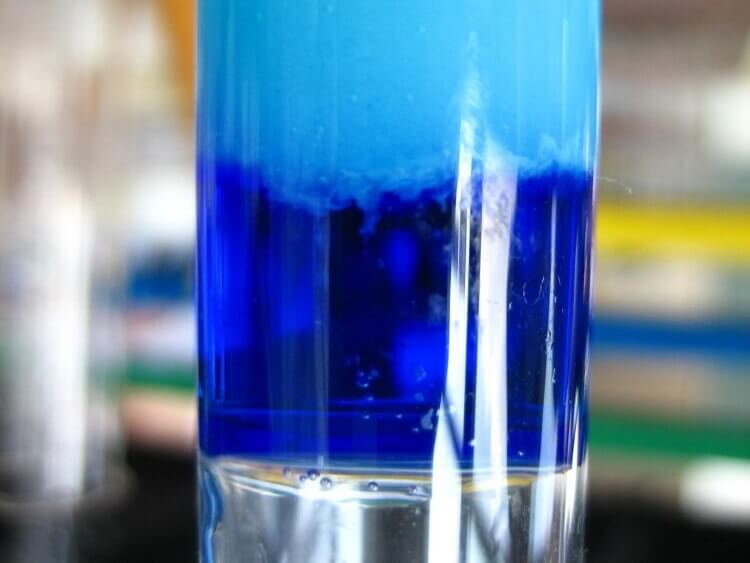2h
Mouse TAP(Trypsinogen Activation Peptide) ELISA Kit
Mouse TAP(Trypsinogen Activation Peptide) ELISA Kit
46.4pg/mL
10000pg/mL
Mus musculus
123.46-10000pg/mL
Competitive Inhibition
Infection immunity;Immune molecule;Hepatology;
E05 478 566 350 170 or Enzyme-Linked Immunosorbent Assays,E05 478 566 350 170 or Enzyme-Linked Immunosorbent Assays
ELISA Enzyme-linked immunosorbent assays Code 90320007 SNOMED,Mouse or mice from the Mus musculus species are used for production of mouse monoclonal antibodies or mabs and as research model for humans in your lab. Mouse are mature after 40 days for females and 55 days for males. The female mice are pregnant only 20 days and can give birth to 10 litters of 6-8 mice a year. Transgenic, knock-out, congenic and inbread strains are known for C57BL/6, A/J, BALB/c, SCID while the CD-1 is outbred as strain.
Peptides short amino acid chains or epitopes or blocking antagonists. The shortest peptides are dipeptides, consisting of 2 amino acids joined by a single peptide bond, followed by tripeptides, tetra peptides, ... till polypeptides that are long, continuous, and unbranched synthetic peptide chains. These biological oligomers and polymers can be Solid-phase peptide synthesis (SPPS), or in continue produced for custom peptide synthesis projects. The High-efficiency solid phase peptide synthesis (HE-SPPS) is give very low production costs.
This assay employs the competitive inhibition enzyme immunoassay technique. A monoclonal antibody specific to Trypsinogen Activation Peptide (TAP) has been pre-coated onto a microplate. A competitive inhibition reaction is launched between biotin labeled Trypsinogen Activation Peptide (TAP) and unlabeled Trypsinogen Activation Peptide (TAP) (Standards or samples) with the pre-coated antibody specific to Trypsinogen Activation Peptide (TAP). After incubation the unbound conjugate is washed off. Next, avidin conjugated to Horseradish Peroxidase (HRP) is added to each microplate well and incubated. The amount of bound HRP conjugate is reverse proportional to the concentration of Trypsinogen Activation Peptide (TAP) in the sample. After addition of the substrate solution, the intensity of color developed is reverse proportional to the concentration of Trypsinogen Activation Peptide (TAP) in the sample.
